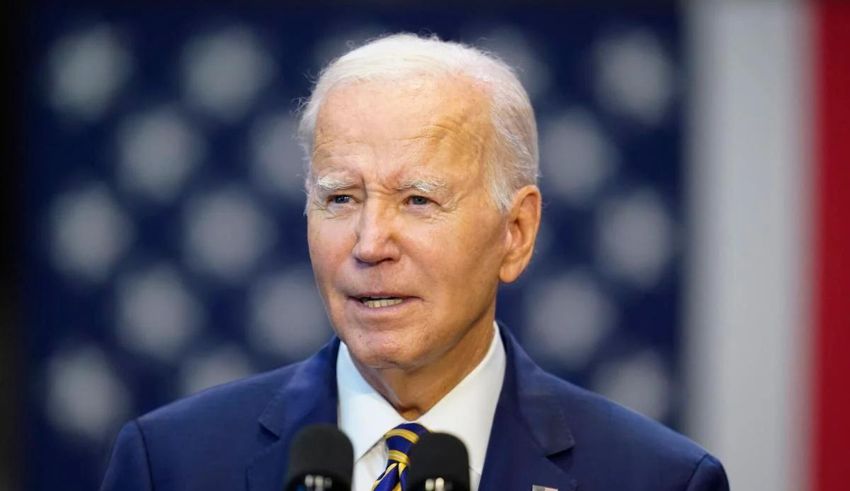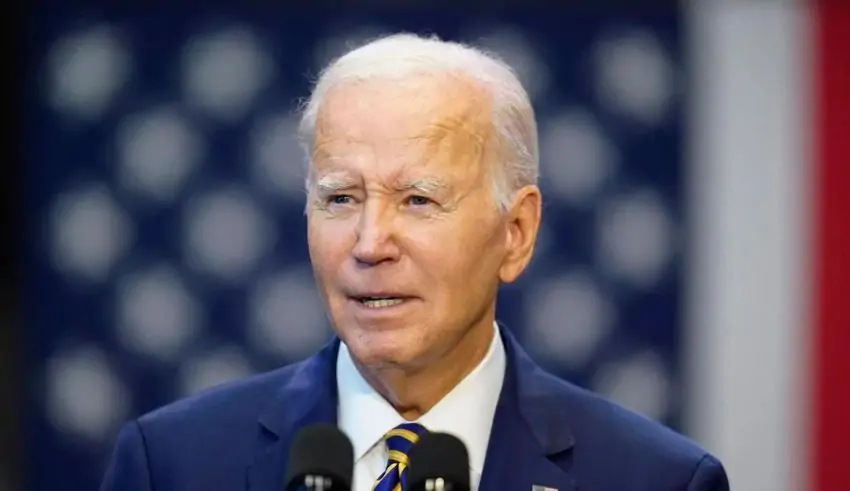

(C) Winston-Salem Journal
On January 28, 2024, a drone strike targeted a US military base in Iraq, killing two American soldiers and wounding five others. The attack was claimed by a Shia militia group called Kataib Hezbollah, which is backed by Iran. The US accused Iran of providing the drones and the guidance systems to the group, and vowed to hold Tehran accountable for the “outrageous and unacceptable” act of aggression.
The drone strike poses a serious challenge for President Joe Biden, who has been trying to revive the 2015 nuclear deal with Iran, which was abandoned by his predecessor Donald Trump in 2018. The deal, formally known as the Joint Comprehensive Plan of Action (JCPOA), aimed to limit Iran’s nuclear activities in exchange for sanctions relief. However, after the US withdrawal and the reimposition of sanctions, Iran gradually breached the deal’s limits on uranium enrichment and other nuclear activities, bringing it closer to the threshold of developing a nuclear weapon.
Biden has expressed his willingness to rejoin the deal if Iran returns to full compliance, and has appointed a special envoy, Robert Malley, to negotiate with Iran and other parties to the deal, namely Britain, France, Germany, Russia, and China. However, Iran has demanded that the US lift all sanctions first before it reverses its nuclear steps, creating a stalemate in the diplomatic efforts.
The drone strike complicates the situation further, as it raises the pressure on Biden to respond militarily to Iran and its proxies, which could escalate the tensions and jeopardize the prospects of reviving the deal. On the other hand, if Biden refrains from retaliating, he could face criticism from his domestic opponents and some of his allies in the region, such as Israel and Saudi Arabia, who are wary of Iran’s nuclear ambitions and regional influence.
Biden has several options to deal with the crisis, each with its own risks and benefits. Some of the possible options are:
Biden has not yet announced his decision on how to respond to the drone strike, but he has said that he is consulting with his national security team and his allies on the best course of action.
He has also reiterated his commitment to prevent Iran from acquiring a nuclear weapon, and his readiness to engage in diplomacy if Iran shows seriousness and flexibility. Whatever decision he makes, he will have to weigh the costs and benefits carefully, and to balance his dual objectives of restoring the nuclear deal and deterring Iran’s aggression.
OpenAI updated ChatGPT-4o to include its best text-to-image tools so free users can generate Studio Ghibli artwork by giving basic…
The stepping down of Piyush Gupta from the post of CEO of DBS Bank came after 15 years of leading…
The Delhi Directorate of Education releases 2025-26 marks for year-end tests in school levels 6 through 11. Online test data…
Singapore will further cement its status as an important basketball destination when it hosts three FIBA 3x3 events in 2026…
Jewel Section E, directed by Theodore Boborol and starring Ashtine Olviga as Jay-Jay Mariano, Andres Muhlach as Mark Keifer Watson,…
Cebu Pacific celebrates the delivery of its very first aircraft for 2025, the 459-seat Airbus A330neo, delivered at Ninoy Aquino…
This website uses cookies.
Read More